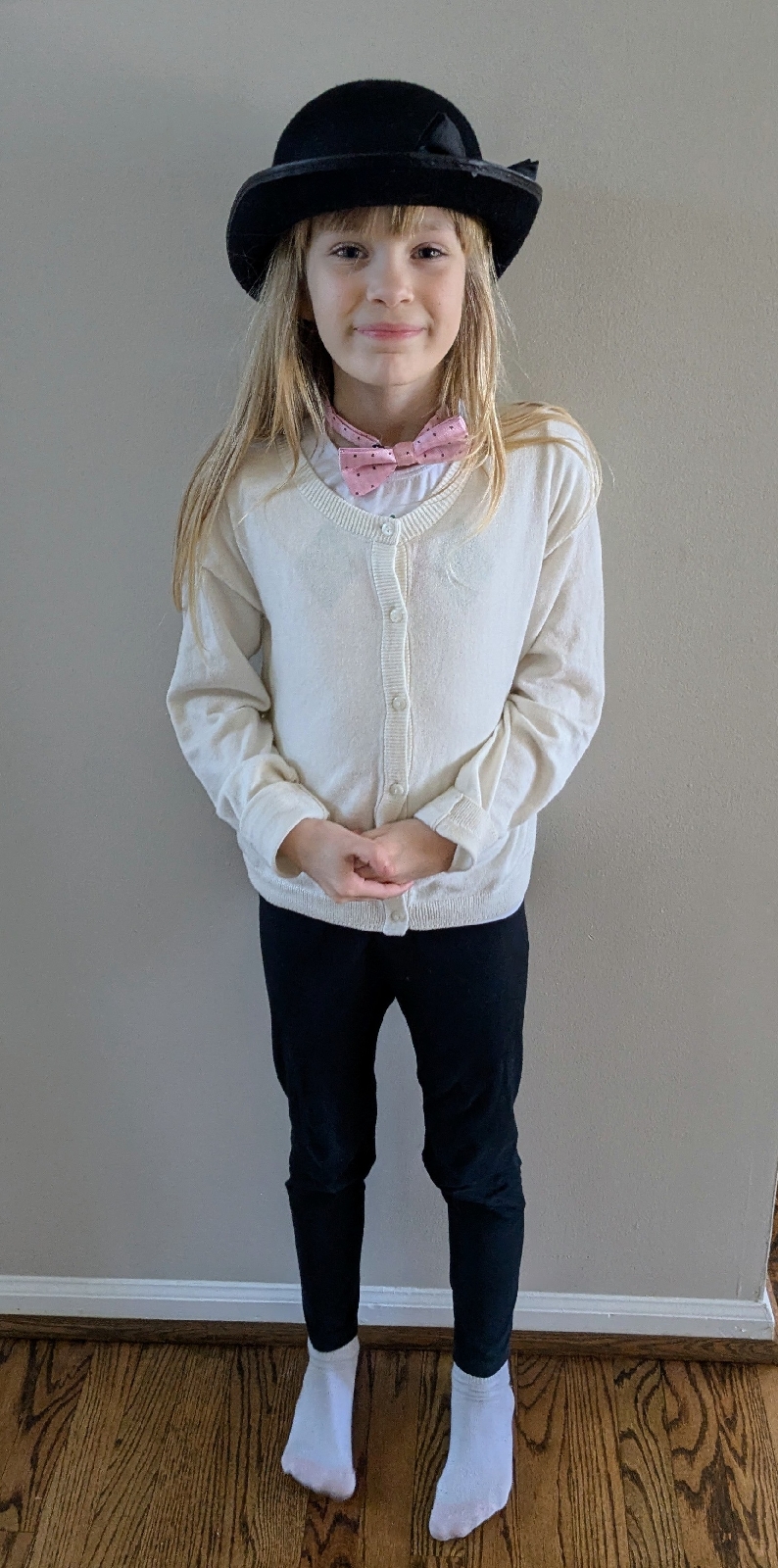I take a strange sort of pride in the fact that, while all the other sibling pairs of their age in our neighborhood (of which there are a surprising number) have stopped walking to and from the bus together, my girls are still inseparable. Not only do they walk both to and from the bus stop together and sit next to each other on the bus, but Susan still walks Corinne to her classroom everyday and sends her on her way with a quick hug and "I love you." I need you to understand, of all the amazing things my daughters do of which I am so incredibly proud, their ability to love and be kind tops the list. Always.
This past weekend the girls had and extra days off school, so I took each one on a mommy-and-me date planned around the particular interests I share with each of them.
Corinne chose a trip to the library followed by a patisserie, where we could eat something sweet and read. Idyllic, really.
In an effort at small talk on the drive there, I asked her how she liked her girl scout troop. Which got me the response, "What inspired this line of questioning, Mom?" Later I had the audacity to try to start conversation at the patisserie, and was gently rebuffed, "I'm kinda reading this, Mom." She's 8, going on 38.Susan opted for a trip to the thrift store and then a Frosty from Wendy's. She was a bit overwhelmed by the amount of clothing on offer (not what she was interested in). But she did find a kit to build a battery operated robot, which she brought home and put together with zero adult supervision. She didn't love the final design, though, and plans to combine pieces of this one with another kit we already had, in order to build something great. Love that for her.
Then she built a scale model of the sewing room from the episode of Christine McConnell we watched on Saturday. Out of Lego. Because of course she did.




